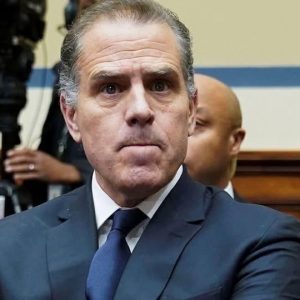Nancy Pelosi, former Speaker of the House, is currently navigating a complex mix of personal health concerns, political challenges, and renewed ethical scrutiny. Following her recent hip replacement surgery, she faces growing questions about her capacity to maintain an active public life. Meanwhile, she confronts a primary challenge from Saikat Chakrabarti, a prominent progressive and former chief of staff to Alexandria Ocasio-Cortez. His campaign represents a generational and ideological shift within the Democratic Party, calling for transformative policies and signaling dissatisfaction with establishment leadership.
Pelosi’s recovery and her age have become focal points in discussions about her political future. Despite these concerns, she continues to emphasize her commitment to public service and her intent to remain engaged in national politics. Her legacy as a historic leader in Congress and her influence on Democratic strategy make her decisions in the coming months especially significant. Within her party, progressives are pressing for a new era of leadership and policy direction, while moderates seek to preserve the stability and experience that Pelosi represents.
Complicating her situation further is renewed attention to her husband Paul Pelosi’s multimillion-dollar stock trades. These transactions, involving major companies such as Apple, Nvidia, and Tempus AI, have reignited bipartisan debate over the need for stronger restrictions on congressional stock trading. Critics argue that such activities can create the appearance of conflicts of interest and erode public confidence in government ethics. Pelosi has indicated support for potential reforms, but the issue continues to cast a shadow over her family’s finances and her public image.
As she recovers and contemplates whether to run again in 2026, Pelosi stands at a crossroads. The convergence of health concerns, internal party challenges, and ethical debates underscores a pivotal moment in her career. Her response will help define both her personal legacy and the broader trajectory of Democratic politics.





